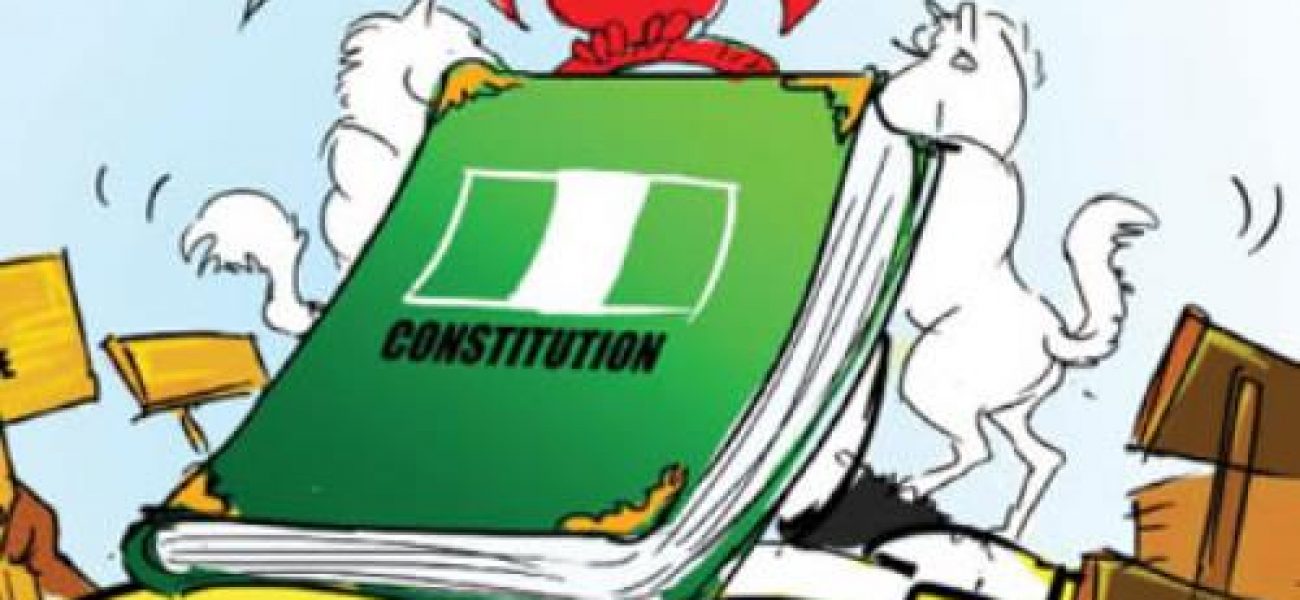Section 308 of the 1999 Nigerian Constitution provides for executive immunity for the President, Vice President, Governor and Deputy Governor from civil and criminal proceedings while their tenures subsist. This means that persons occupying these positions cannot be charged to court or sued, except in their official capacity in the case of civil proceedings and in civil or criminal proceedings where they are only nominal parties.
A Constitution Alteration bill before the Senate seeks to qualify the provision for executive immunity to exclude immunity for executive office holders in cases of civil or criminal proceedings, where relevant law enforcement agencies indict such persons for misappropriation of public funds or for sponsoring thugs to perpetrate violence against a political opponent, his/her family or representatives. The bill is sponsored by the Deputy President of the Senate, Senator Ovie Omo-Agege (APC, Delta).
An argument in favour of executive immunity is that it allows for an elected executive office holder to carry out his or her duties to the nation or state without interference occasioned by investigations and litigation, while they are in office. However, there are acts that may constitute an offence which an individual engages in by taking advantage of the political office he or she occupies, and these usually border on misuse of public funds or privileges inherent in the position. This is why on some occasions, law enforcement agents go after politicians for offences committed while they were in office, after the expiration of their tenures and when executive immunity has seized. The bill is proposing to open elected executive office holders to arrest, investigation and prosecution for misappropriation of public funds and sponsoring of thugs to perpetrate violence. This appears to be a step in the right direction towards holding this category of public officers to account. However, observers wonder how this may affect the stability of the polity and the process of governance, if passed.
See the bill at: https://placbillstrack.org/upload/SB322.pdf

